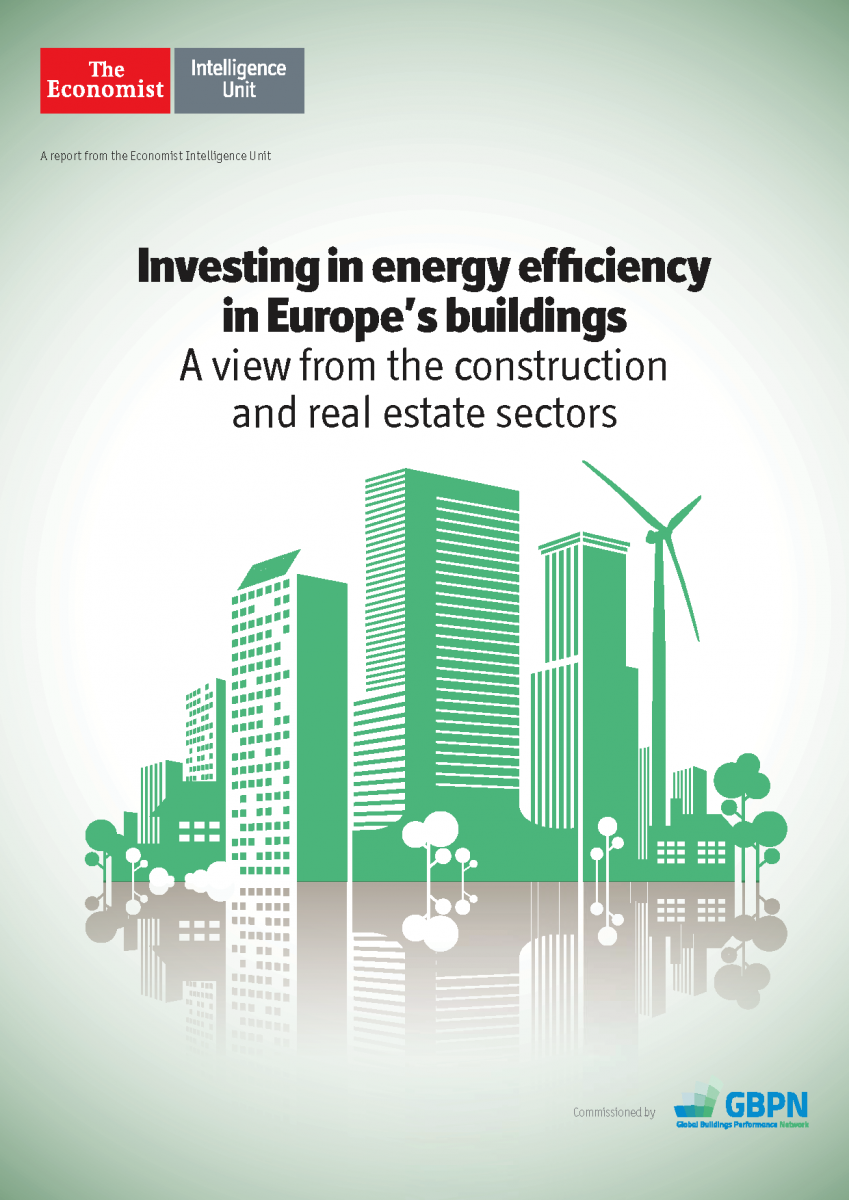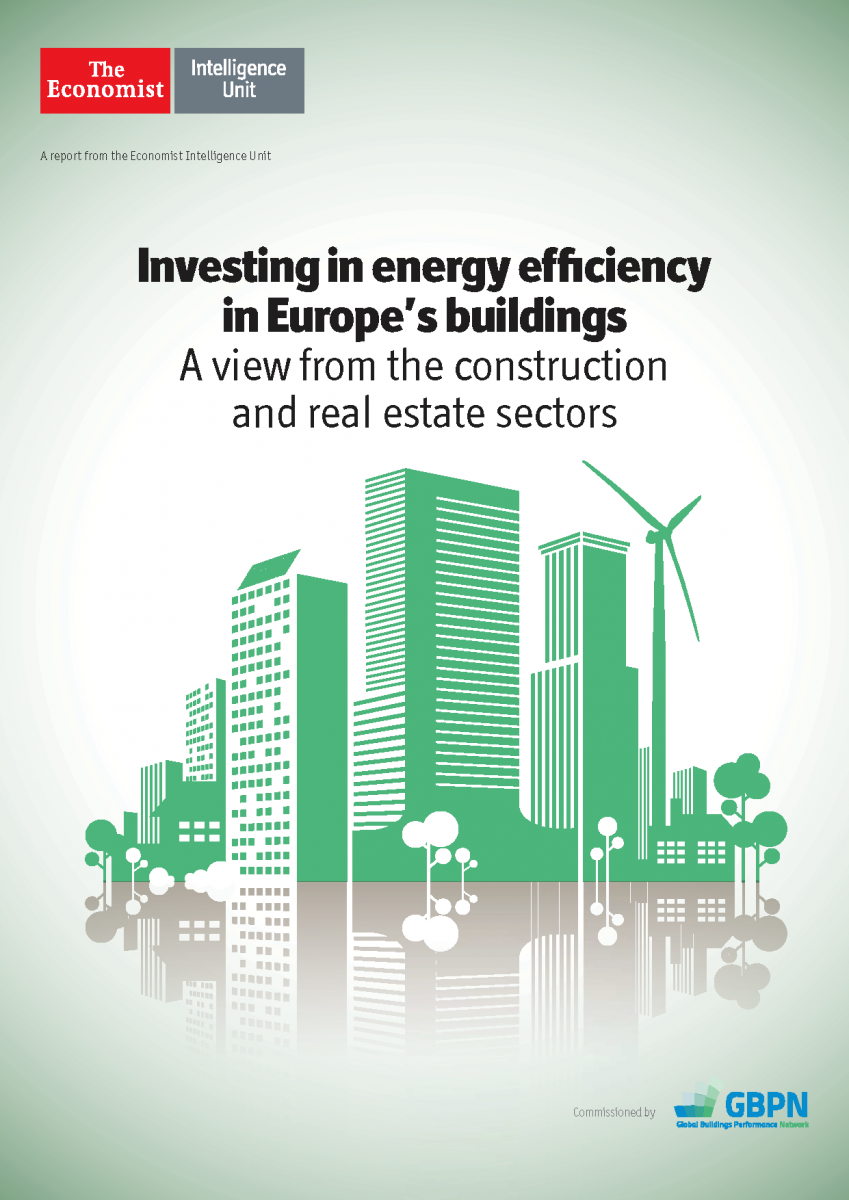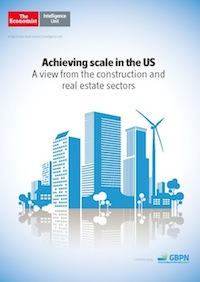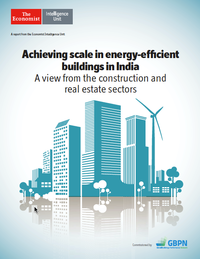The assessment literature on climate change solutions to date has emphasized technologies and options based on cost-effectiveness analysis. However, many solutions to climate change mitigation misalign with such analytical frameworks. Here, we examine demand-side solutions, a crucial class of mitigation options that go beyond technological specification and cost-benefit analysis. To do so, we synthesize demand-side mitigation options in the urban, building, transport, and agricultural sectors. We also highlight the specific nature of demand-side solutions in the context of development.
 Highlights
Highlights
 Briefing
Briefing Case Study
Case Study
 The Economist Intelligence Unit (EIU) report "Achieving scale in energy-efficient buildings in India: A view from the construction and real estate sectors" commissioned by the GBPN explains the challenges and opportunities of investing in energy efficiency in buildings in India.
The Economist Intelligence Unit (EIU) report "Achieving scale in energy-efficient buildings in India: A view from the construction and real estate sectors" commissioned by the GBPN explains the challenges and opportunities of investing in energy efficiency in buildings in India. A report from the Economist Intelligence Unit (EIU), commissioned by the GBPN finds that while India’s commercial building sector has blazed the energy-effiency trail in the building sector, achieving significant scale will depend on efficiency measures becoming standard practice in the commercial middle market, retrofit and, particularly, the residential building segment.
A report from the Economist Intelligence Unit (EIU), commissioned by the GBPN finds that while India’s commercial building sector has blazed the energy-effiency trail in the building sector, achieving significant scale will depend on efficiency measures becoming standard practice in the commercial middle market, retrofit and, particularly, the residential building segment.  Briefing
Briefing
